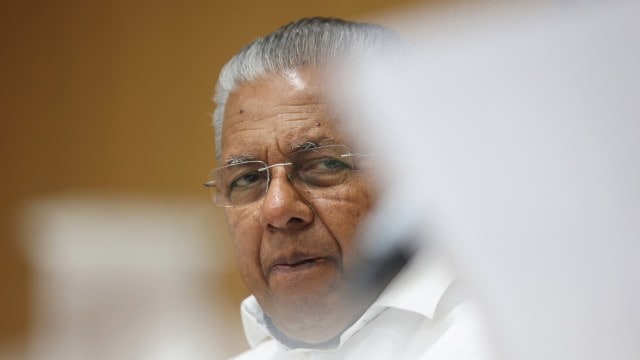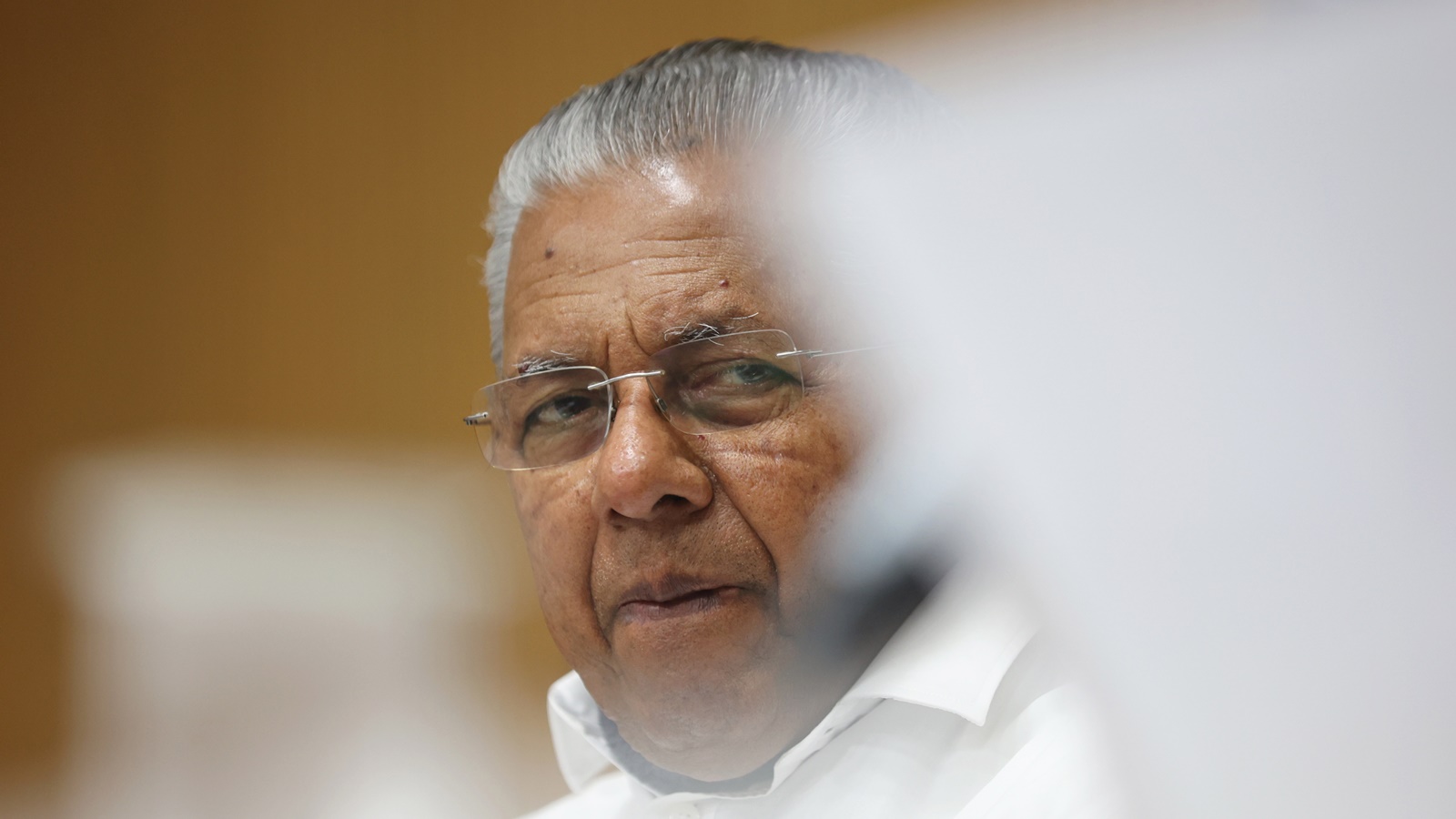
Recently, Kerala Chief Minister Pinarayi Vijayan expressed his state’s aspiration to become the first in India to have AI-trained school teachers. Prima facie, this is encouraging. After all, teachers are one of the most important factors in guiding a learner’s performance in school. They must play a central role in our efforts to make the education system adapt to societal changes at both state and national levels.
Nonetheless, naïve optimism must not blind policy-makers to the monumental deficits in teacher capacity in India. These deficits are intricately linked with other areas of the education system, raising larger questions about AI education in the country. The policy answer to these questions will radically redefine the very relevance of education in a country aspiring to lead the world. This moment of political will must be an opportunity to introspect, identify, and acknowledge the limitations, and eventually build better capacity. Alongside implementing new-age reforms, age-old problems must be resolved.
Any major reform of teachers must not overlook three deep-rooted challenges of teacher capacity in India. First, there are not enough teachers. Their shortage seems to be near-ubiquitous. For instance, even in national flagship schemes like Samagra Shiksha Abhiyan, a shortage of 16 per cent has been observed.
Second, where teachers are present, the quality is sub-par. A report by Tata Institute of Social Sciences (TISS) revealed that at the primary, upper primary and secondary levels, only 46 per cent, 57 per cent and 79 per cent of teachers respectively, have appropriate professional qualifications. The persistence of significant learning deficiencies also reflects, to a large degree, the inferior quality of teachers. The Annual Status of Education Report (ASER) 2023 revealed that over half of children in the age group of 14-18 years cannot solve a simple three-digit division problem that is typical of a Grade III/IV syllabus.
Finally, in all fairness to the teachers, the average Indian school teacher’s experience is highly unpleasant. She is heavily overworked, has little autonomy, often experiences unfavourable working conditions with few resources, and is underpaid.
The pitiable state of school teachers will dilute the impact of the well-intentioned introduction of AI in education. In addition to concerns of poor teaching capacity, issues of infrastructural deficits and budget shortages could lead to questions that policymakers must pay heed to. For instance, the ambiguity around technical capacity begs the question – what defines a teacher trained in AI? Will the normative as well as effective benchmark be the ability to design interventions that can facilitate personalised learning to cater to the specific needs of each learner? Or, will it be just another of those “capacity building workshops” that are a result of bureaucratic flimsy preoccupation with upskilling, resulting in only a certificate gathering dust in a file? Would AI-trained teachers be those pioneers who use AI creatively to obtain more actionable feedback about learners’ performance, or would they be forced to be laggards again?
Similarly, the contours of teacher-training efforts in AI will also shape the students’ experience of learning AI. Bluntly speaking, the nature of engagement that teachers have with AI will determine whether AI will erode the organic thinking abilities of young minds or it will enhance their competencies and skills. Therefore, policy makers must mull over when and how to introduce AI in classrooms. The answer could define whether students use AI as a tool or become AI’s tools by acting as a mechanical information-feeder.
Also, school-teacher training must be viewed with its large-scale implications. Education in AI must enhance the employability of learners as AI becomes an inevitable reality in workplaces. India has consistently demonstrated a strong lack of core skills needed to thrive in the 21st century, which education reforms must address.
There is a need to adopt a more holistic approach for the implementation of reforms to create higher acceptability and success in the system. Daunting questions exist, but they can and must be answered. Simultaneously, instead of siloed interventions, there is a need to create an entire ecosystem. For instance, in a state that generally performs well in education — Tamil Nadu — there was a shortage of classrooms as per a report by the Comptroller and Auditor General of India in 2022. In the absence of an enabling ecosystem, teachers engaging meaningfully with AI might become a pipe dream with only a watered-down “AI education” in existence.
For the foreseeable future at least, AI can only be a teacher’s aide, not a teacher’s substitute. Besides, in the Indian education system, the role of human teachers becomes more valuable as they remain the symbol of trust that brings together the learner, parents, and even the larger community.
Teachers are the bedrock for positive changes in the education system. They must be respected and viewed holistically. They must be supported with the requisite resources to enable them to fulfil their roles. Importantly, educational reforms must not be introduced as a knee-jerk reaction to the buzzwords of the 21st century, but be driven by an intrinsic need to improve the education system.
Ramanand is director and Singh is research assistant at Center of Policy Research and Governance



